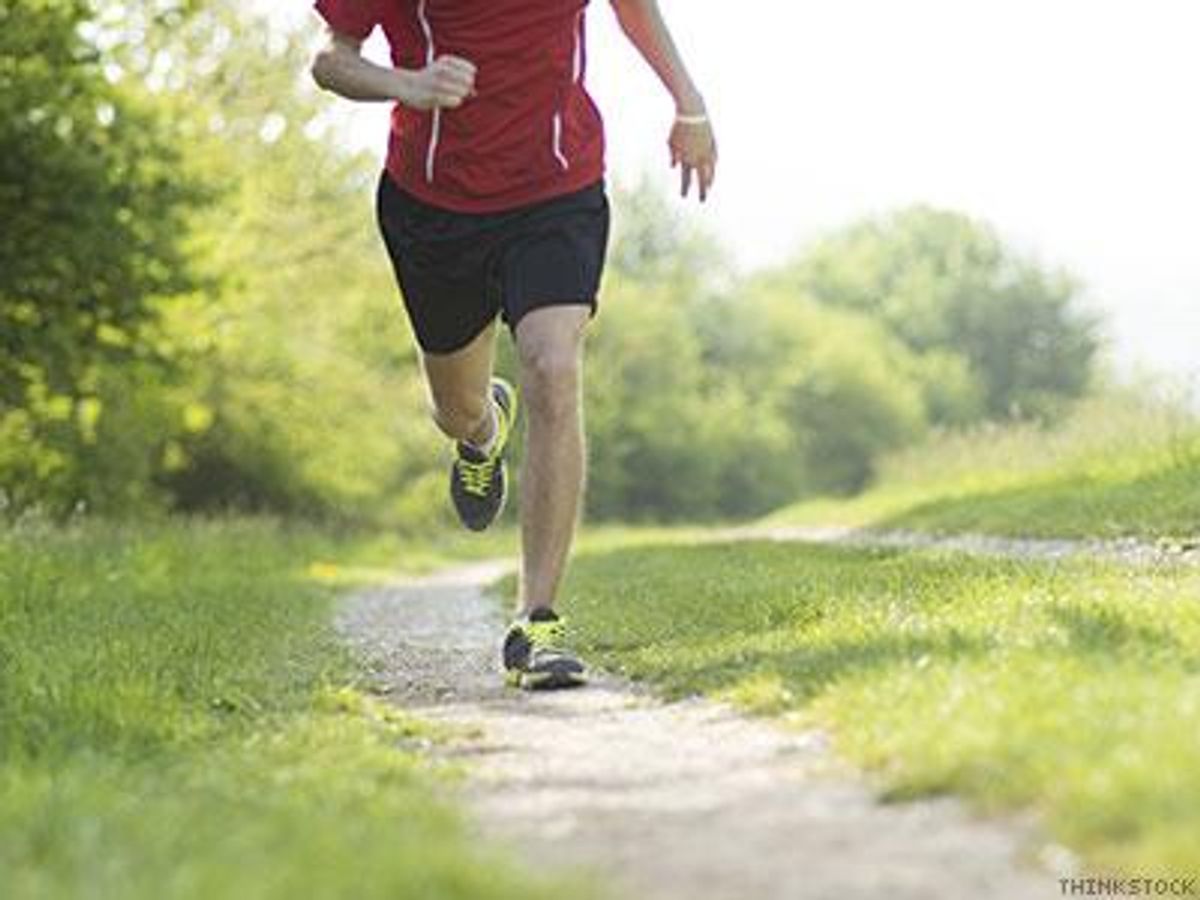While LGBT Americans have made great strides toward equality in the past few years, a new poll provides evidence that we still have far to go.
The Gallup-Healthways Well-Being Index survey, released today, shows LGBT Americans, especially women, reporting lower levels of well-being than non-LGBT adults. The poll, which measures well-being across five broad categories, showed LGBT adults with an average score of 58, while straight respondents averaged 62.
The difference was greater for women -- 57 among lesbian, bisexual, and transgender women, 63 for straights -- while gay, bisexual, and transgender men had an average score of 59, compared to 61 for heterosexual men.
The categories of well-being measured are financial, physical, social, community, and purpose. There was great disparity in the financial measure -- LGBT respondents had an average score of 29, versus 39 for non-LGBT participants. The score for lesbian, bisexual, and transgender women was 27, compared to 39 for straight women. For gay, bisexual, and transgender men the average was 32, versus 40 for straight men. This category reflects questions about standard of living, ability to afford basic necessities, and financial worry.
The physical well-being category showed women at a particular disadvantage. LGBT adults as a whole had an average score of 26, while non-LGBT people came in at 33. Lesbian, bisexual, and transgender women averaged 24, versus 36 for straight women. The difference between straight men and gay, bisexual, and transgender men was not statistically significant. Physical well-being includes questions regarding alcohol, drug, and tobacco use; current disease burden and past diagnoses; exercise; and eating habits.
"These disparities associated with sexual orientation and gender identity highlight the ongoing need for the inclusion of sexual orientation and gender identity measures in data collection focused on health and socio-economic outcomes," wrote Gary J. Gates, a Williams Distinguished Scholar at the Williams Institute, a think tank at University of California, Los Angeles, School of Law, in a commentary on the survey results. "Availability of better data that identify the LGBT population will help researchers, healthcare policymakers, and healthcare providers craft better strategies to understand and prevent well-being disparities associated with sexual orientation and gender identity."
The poll was conducted via telephone January 1 through June 23 of this year, with a random sample of 2,964 LGBT adults and 81,134 non-LGBT adults, aged 18 and older, living in all 50 U.S. states and the District of Columbia.














































































